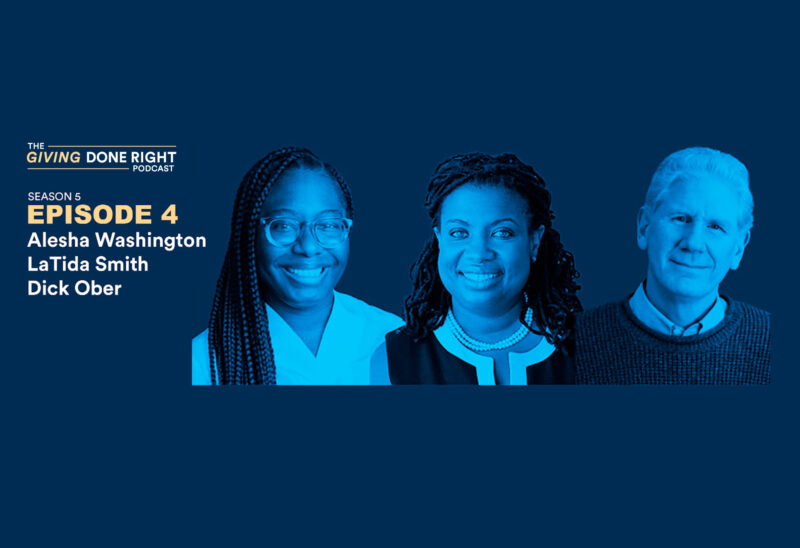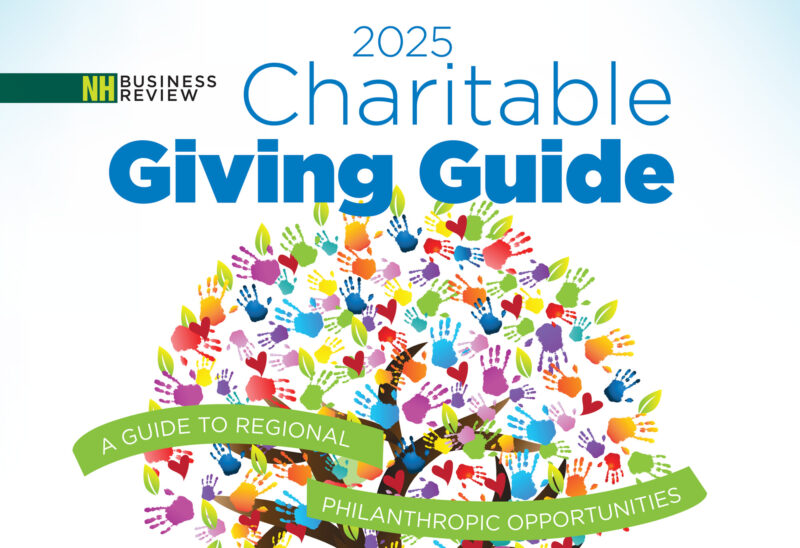For decades, private family foundations have been a cornerstone of philanthropy for generous families. But recently, many donors and their advisors are adding another tool to their charitable toolbox: donor-advised funds (DAFs) at community foundations. Increasingly, families are seeking to simplify their giving by using these vehicles in tandem, or by converting private foundations to donor-advised funds.
At the New Hampshire Charitable Foundation, New Hampshire’s statewide community foundation, we steward hundreds of DAFs set up by generous people. And we are seeing a growing trend: families who want to maintain the legacy of a private foundation while maximizing the administrative ease, flexibility and tax efficiency of a donor-advised fund. In fact, this dual-structure approach is becoming more compelling as Congress debates potential changes to the tax code—including discussions around increasing the private foundation excise tax.
Here’s why this combination is worth considering.
Increased flexibility: Use the right tool for the right purpose
Many donors find that the structure of a private foundation is ideal for certain types of work: creating formal grant programs, employing staff, or running scholarship or direct-service programs. But that structure isn’t always a good fit for all charitable goals.
By adding a donor-advised fund at a community foundation to the mix, families can:
- Respond quickly to urgent community needs through an efficient system for processing grant recommendations.
- Choose how their giving is acknowledged publicly – some may wish to keep their giving anonymous, or simply have the name of their DAF listed in a gift acknowledgement.
- Take advantage of the local knowledge and philanthropic expertise of a community foundation’s staff.
Tax benefits: DAFs offer unique advantages
With private foundations, donors can only deduct cash contributions up to 30% of adjusted gross income, and gifts of appreciated assets are limited to their cost basis—not their fair market value. In contrast:
- DAFs offer higher tax deductibility: Up to 60% of AGI for cash gifts, and fair market value deductions for publicly traded securities and, in many cases, complex assets like real estate or privately held business interests.
- DAFs are not subject to excise taxes: Private foundations must pay a 1.39% excise tax on net investment income. This tax is highlighted in proposed federal legislation, which could lead to further increases of up to 10%. Donor-advised funds are not subject to this tax.
- Ideal for asset planning: The entire value of gifts into DAFs are immediately deductible. Gifts to DAFs can be especially advantageous when planning around the sale of a business or receiving an inheritance. Grants can be made from DAFs right away, and can continue to be made over time.
Strategic giving in a changing policy landscape
The current policy environment is adding pressure to rethink philanthropic structures. Private foundation excise taxes may be on the rise, and compliance with regulations remains complex.
Using a donor-advised fund at a community foundation can provide:
- Expert philanthropic counsel and deep local knowledge: Fund-holders at the Charitable Foundation have the advantage of working with a trained staff with years of experience in the philanthropic and nonprofit sectors.
- Operational simplicity with no annual tax filings, minimum distributions, or excise taxes.
- A streamlined platform for family giving, especially for younger generations who may prefer a simpler experience, or who would benefit from the partnership of a philanthropic advisor at the Charitable Foundation.
- A community connection with hundreds of other generous people committed to making a difference.
Let’s start the conversation
If you’re working with clients who are exploring options for charitable giving, now is a great time to consider how a donor-advised fund – used alongside, or in place of, a private foundation – can strengthen both strategy and impact. Contact us to learn more about the ways we can help design a philanthropic structure that aligns with your client’s values, supports their long-term goals, and keeps pace with a changing tax environment.
This report was compiled by New Hampshire Charitable Foundation staff with material provided by Embolden. This article is informational and educational in nature. It is not offering professional tax, legal, or accounting advice.


















